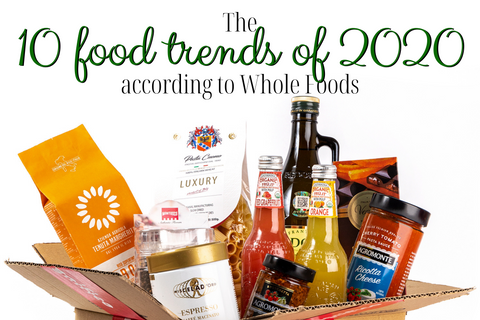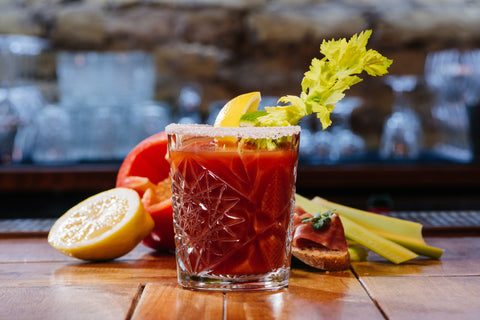What are the most beloved foods and the American consumer preferences during this unprecedented 2020? Here is the ranking by Whole Foods.
1. Regenerative Agriculture
“Regenerative agriculture – explain Whole Foods - describes farming and grazing practices that restore degraded soil, improve biodiversity and increase carbon capture to create long-lasting environmental benefits, such as positively impacting climate change.” Buying products that respect the environment and crops, Americans prove to be more and more environmentally conscious.
2. Flour Power
During the months of forced lockdown due to the pandemic, many of us tried cooking and baking bread and cakes. “As seasoned and amateur bakers alike look to scratch a creative itch in the kitchen, an array of interesting flours is entering the market making baking more inclusive and adventurous,” say Whole Foods.
3. Foods from West Africa
According to Whole Foods, traditional West African flavors and superfoods are “popping up everywhere in food and in beverage. The trio of tomatoes, onions and chili peppers form a base for many West African dishes, and peanuts, ginger and lemongrass are all common additions.”
4. Out-of-the-Box, Into-the-Fridge Snacking
Let’s talk about snacks. The new must is “fresh” with snacks prepared and portioned in advance at home. For example, hard-boiled eggs with savory toppings, pickled vegetables, drinkable soups and mini dips and dippers of all kinds.
5. Plant-Based
According to Whole Foods, the trendiest brands are slowing down on soy, replacing it instead with innovative blends like grains and mung beans.
6. Everything Butters and Spreads
Nut butters like cashew, almond, and peanut, macadamia, and even chickpea butters are a strong trend.
7. Rethinking the Kids’ Menu
The company claims that “by 2026, 80% of millennials will have children, and many parents are introducing their kids to more adventurous foods — with great results.” In other words, kids are becoming more sophisticated.
8. Not-So-Simple Sugars
More and more sugar substitutes are playing a crucial role, like reductions from fruit sources like monk fruit, pomegranates, coconut and dates.
9. Meat-Plant Blends
The scene belongs to the meat that looks like meat, but is not only meat. The concept is to blend meat and plant, adding plant-based ingredients to meatballs and burgers for example.
10. Zero-Proof Drinks
It is time for faux spirits! These nonalcoholic beverages “re-create classic cocktail flavors using distilling methods typically reserved for alcohol, creating an alternative to liquor meant to be used with a mixer rather than a drink on its own.”



